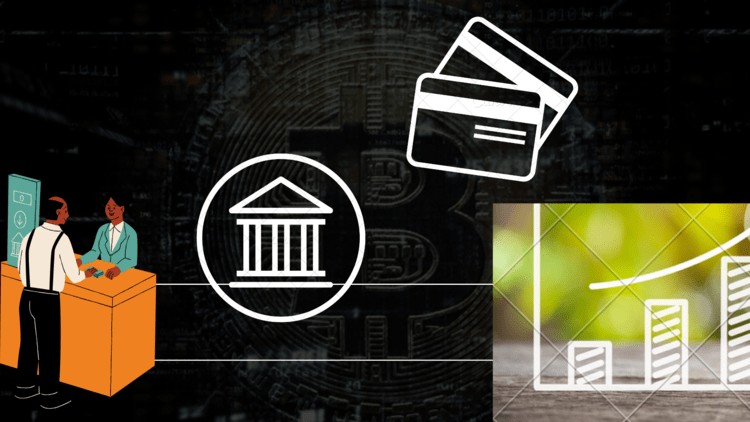
Understanding of macroeconomics, specifically tailored for those preparing for UGC NET, SET, RBI exams competitive exam
What you will learn
Students will learn how to interpret key economic indicators such as GDP, inflation, and unemployment rates.
Students will grasp the methods used to calculate national income, including the differences between GDP, GNP, and other measures.
Students will understand the circular flow of income and how it represents the economy’s functioning, including the roles of households, businesses, and governm
Students will learn the foundational models of economic growth, including the assumptions, implications, and limitations of each model.
Students will analyze the Solow-Swan model, focusing on the roles of capital accumulation, labor force growth, and technological progress in driving economic gr
Students will explore how internal factors within an economy, such as innovation and human capital, contribute to long-term growth.
Students will evaluate the convergence hypothesis and the conditions under which poorer economies might catch up with wealthier ones.
Students will master the aggregate demand and supply framework, understanding how shifts in these curves affect overall economic output and price levels.
Students will differentiate between short-run and long-run macroeconomic equilibrium and understand the dynamics that lead to economic fluctuations.
Students will study the phases of business cycles (expansion, peak, contraction, and trough) and the factors that cause economic expansions and recessions.
Students will learn the causes of inflation, including demand-pull, cost-push, and built-in inflation, and understand how inflation affects purchasing power
Students will analyze the Phillips Curve to understand the short-run trade-off between inflation and unemployment and its implications for policy.
Students will explore different types of unemployment (frictional, structural, cyclical, and seasonal) and their significance in macroeconomic analysis.
Students will understand the use of government spending, taxation, and borrowing as tools for managing the economy.
Students will understand the use of government spending, taxation, and borrowing as tools for managing the economy.
Students will learn to analyze a country’s balance of payments, including the current and capital accounts, and understand the implications of deficits
Students will understand the concept of rational expectations and its implications for economic policy effectiveness
Why take this course?
This comprehensive course on macroeconomics is meticulously crafted to provide students, educators, and professionals with an extensive and nuanced understanding of the key macroeconomic concepts, theories, and real-world applications that govern national and global economies. Recognizing the critical role of macroeconomics in shaping economic policy and financial markets, this course is specifically tailored to meet the rigorous demands of competitive exams such as UGC NET, SET, and RBI, among others. Throughout the course, learners will delve into a wide array of essential topics, including economic growth, inflation, unemployment, fiscal and monetary policies, and international trade and finance. The curriculum is designed not only to build a strong foundation in classical and contemporary macroeconomic principles but also to explore advanced theoretical frameworks and their practical implications. Through this comprehensive approach, students will develop the analytical skills necessary to critically evaluate economic conditions, forecast trends, and formulate effective policy responses. By the end of the course, learners will be fully equipped to excel in their exams and confidently apply macroeconomic analysis in professional and academic settings, making informed decisions that impact both the economy and society at large.
Macroeconomics plays a crucial role in understanding the broader economic forces that shape the global economy. It provides the analytical tools needed to evaluate government policies, predict economic trends, and understand the factors that drive economic growth and stability. Mastery of macroeconomic concepts is essential for anyone involved in economic policymaking, financial analysis, or academic research, making it a vital area of study for professionals and students alike.